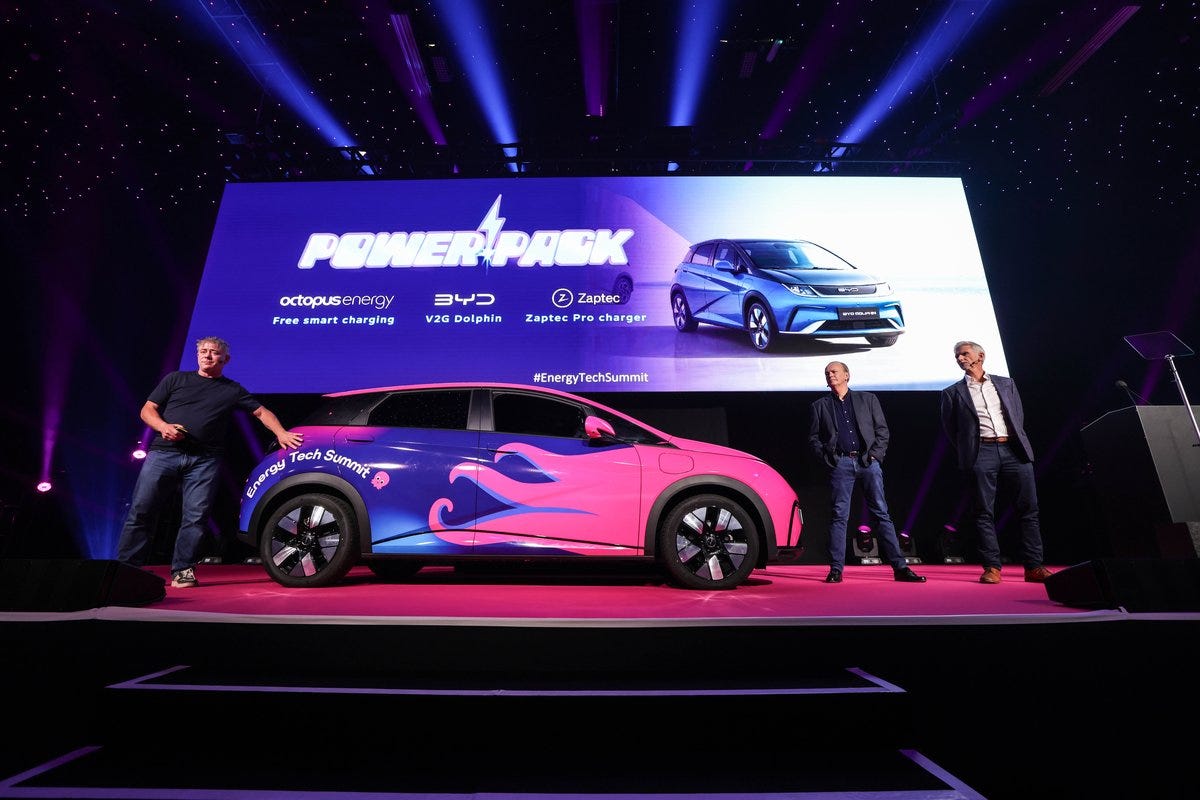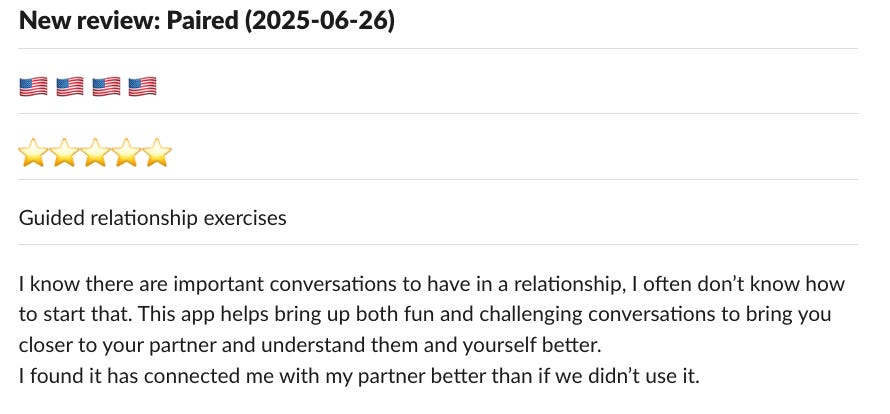As we step into the second half of 2025, we revisit the sustainability advances in key consumer verticals: fashion, food, mobility, and energy.
At Eka, we’re believers in Shared Value which looks at creating economic and societal value in parallel. In Sustainable Consumption, we’re particularly interested in solutions which improve the end customer experience as a result of a technological innovation which is either a result of or alongside sustainability improvements. Examples include:
Hived: supercharge deliveries through an AI-powered parcel delivery network for leading retail brands, enabled by EVs.
Axle: connecting home energy assets to electricity markets - cut costs, cut carbon, create revenue.
Byway: 100% flight-free holidays underpinned by advanced routing technology and local expertise.
Know a founder or company building in Sustainable Consumption? We’d love to hear from you!
Taking stock of Sustainable Consumption 🗞️
Fashion’s new fit
The EU introducing new rules in June to standardise the measurement of the environmental impact of clothes and shoes. The growing influence of Extended Producer Responsibility (EPR) schemes is also pushing brands to design for longevity and recyclability.
We're also seeing this shift in corporate strategy, with major players like H&M signing a multi-year deal with circular cellulose producer Circulose, signalling a serious commitment to integrating textile-to-textile recycled materials into mainstream fashion.
On the retail front, we are seeing more in-person stores cater to preloved pieces across resale, repair, and rental. See Selfridges below which works with Sojo, Vintage Threads, Hurr, and The Handbag Clinic (among others!).
What’s on the menu?
In the food sector, the focus on circularity has sharpened around two key areas: eliminating waste and championing regenerative practices. The last few months have seen a surge in ag-tech solutions that use AI and data analytics to help farmers improve soil health and reduce their reliance on chemical inputs. We’d recommend reading this paper which came out earlier this year, and looks at AI’s ability to predict shelf-life across key food groups.
Recent stats from Defra show that crop output in 2024 decreased -5% on 2023 (-£0.6b), mainly down to wet weather conditions in the planting periods and a decrease in cereal and oilseed prices after the peak in ‘22. The ECIU also hinted that the warm and dry spring in the UK would also severely harm the harvest this year.
On the policy front, there is growing anticipation of legally binding food waste reduction targets from the EU, which would see food waste at retail and consumption level having to be cut by 30% per capita compared to ‘21-’23.
A decarbonised way of getting from A to B
The road to sustainable mobility is being paved with innovations that go beyond simple electrification. While new electric vehicle models are becoming more efficient and using smaller, less resource-intensive batteries, the bigger story is the systemic shift in how we move.
In London, Freenow (taxi-service) has seen a stronger shift towards electrified mobility. According to their impact report published two months ago, fully electrified vehicles accounted for 20% of all Freenow rides in the capital in 2024. Partially electrified vehicles made up 72%, leaving only 8% of rides using ICE vehicles.
Hived (Eka portfolio company) announced they were adding 11 Mercedes-Benz eActros to their delivery fleet, expanding their all-electric middle mile network with eHGVs in a major step for the industry. These arrived last week, and as Mercedes wrote:
Why it matters:
🔋 HIVED is redefining logistics with an end-to-end electric delivery network
🔋 The eActros 600 supports this vision with zero-emission performance and cutting-edge battery technology.
🔋 This delivery is part of a broader roll-out that will see HIVED’s electric fleet expand across London, the Midlands, and Manchester.
Octopus x BYD also launched their PowerPackBundle at Octopus Energy’s Energy Tech Summit last week. This will be priced at under £300 a month and will include a leased V2G-ready BYD Dolphin, a bi-directional Zaptec Pro charger and access to a smart tariff that offers completely free home charging.
Electrifying the powering of homes
Within our homes, the energy landscape is becoming smarter and more decentralised.
The past quarter has seen the launch of a new generation of smart thermostats and AI-powered home energy management systems that empower residents to track and minimise their consumption in real-time.
One example here is Axle Energy which is connecting home energy assets to electricity markets. They’ve written about this here:
✍🏽 Week in Impact Articles
Monday: How People Use Claude for Support, Advice, and Companionship
Tuesday: How does geothermal energy work, and why don’t we use it more?
Wednesday: Sightline’s H1 2025 Climate Tech Investment Trends report
Thursday: The CQ | Consumer Is So Back
Friday: The Next Great Distribution Shift
📊 3 Key Charts
1. Heatwave?
2. Climate funding is down at every stage except Growth in H1 ‘25
3. Cardiovascular deaths have patterns across diastolic BP
🗣️ Review of the Week
👋 Getting in Touch
If you’re looking for funding, you can get in touch here.
Don’t be shy, get in touch on LinkedIn or on our Website 🎉.
We are open to feedback: let us know what more you’d like to hear about 💪.













Thanks for writing content like this, it’s so profoundly important!